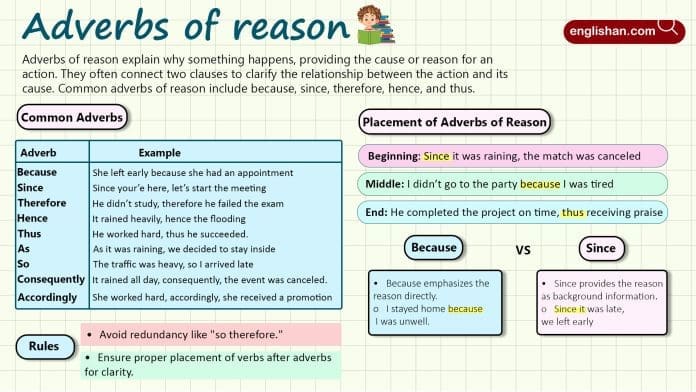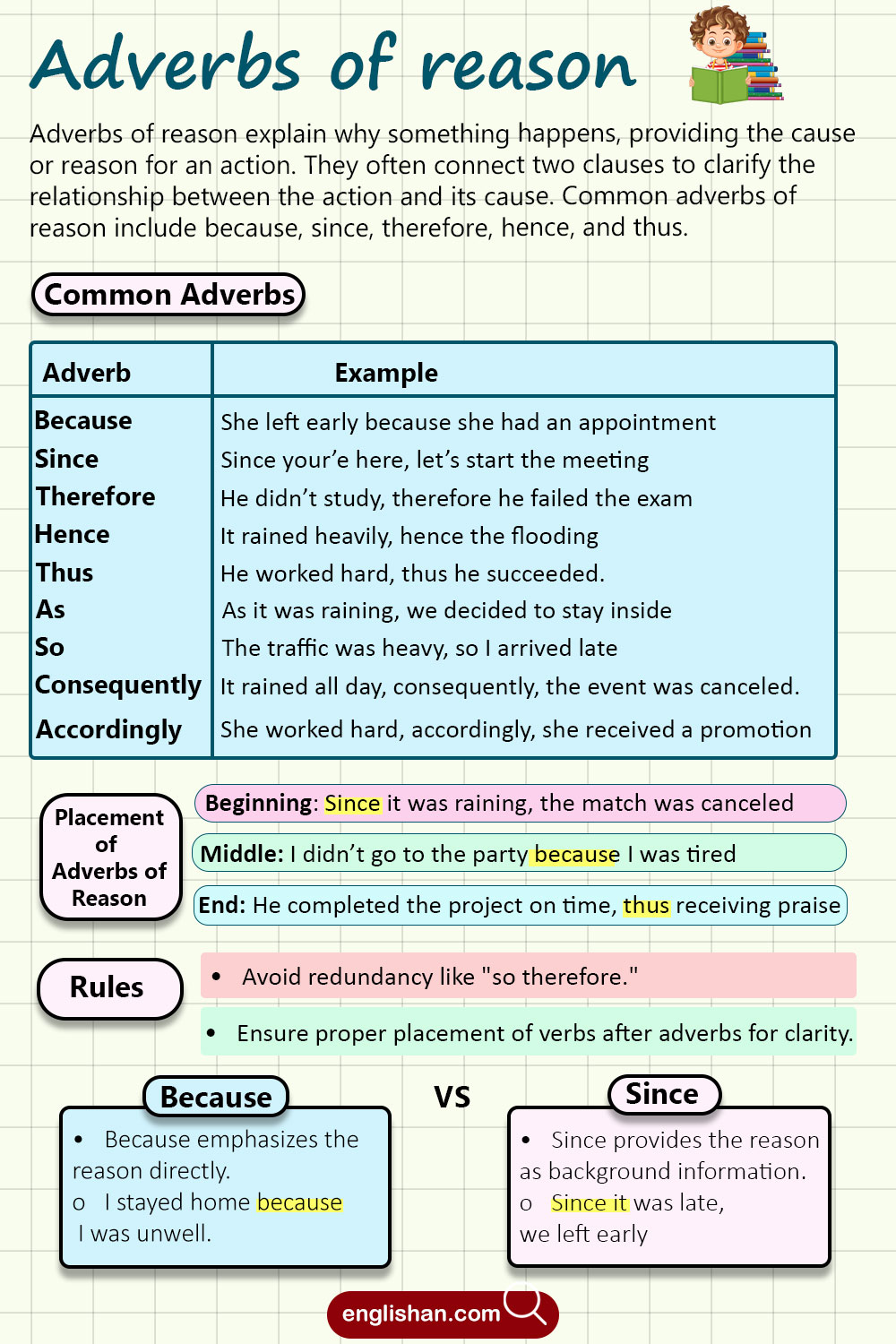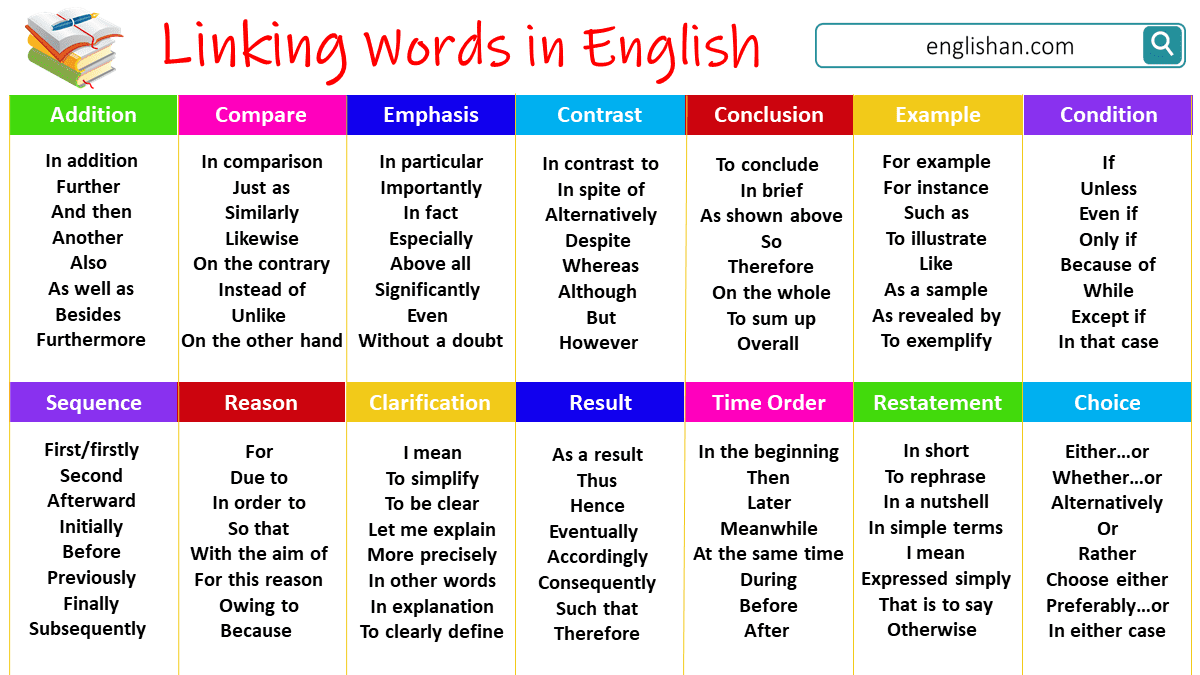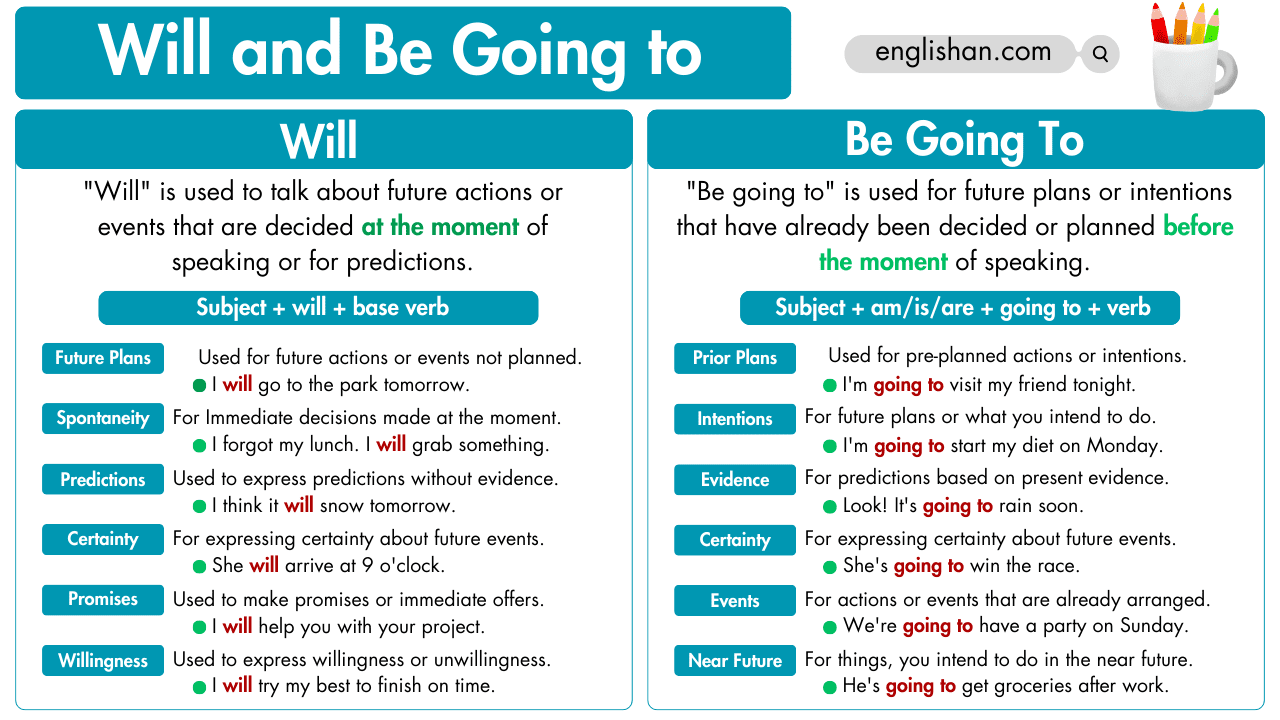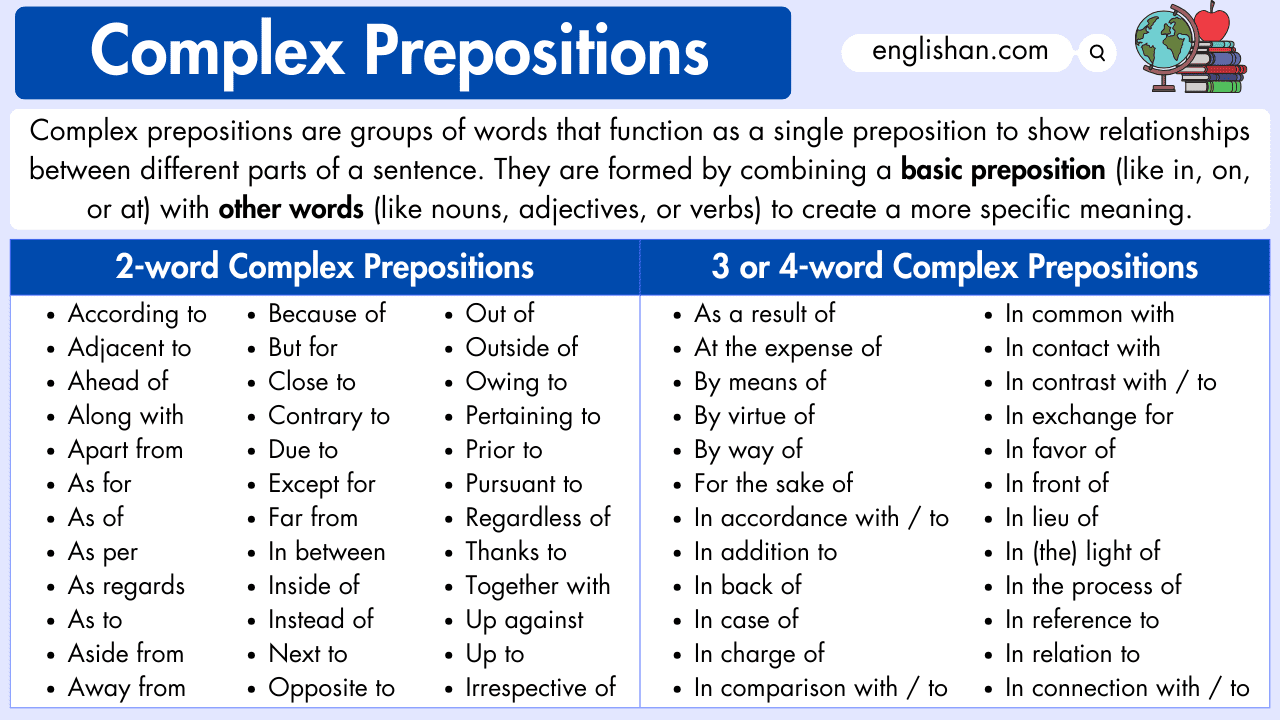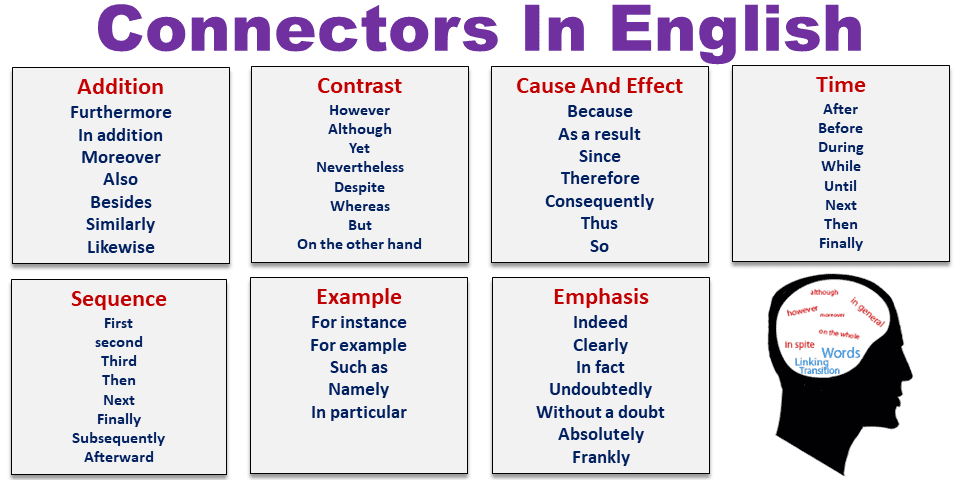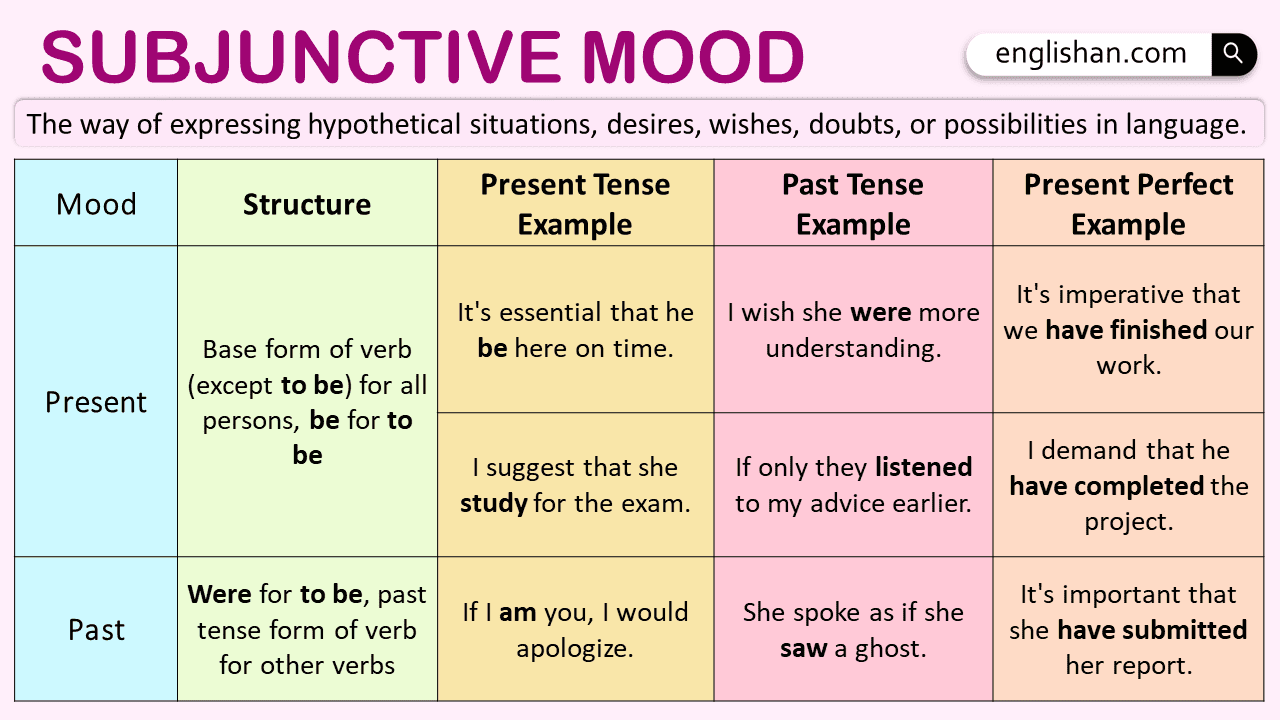Contents
In English grammar, adverbs of reason are used to explain why something happens. These adverbs provide the cause or reason for the action described in the sentence, and they help link ideas together logically. Common adverbs of reason include because, since, therefore, hence, and thus. These adverbs are essential for constructing sentences that clearly convey the motivation or cause behind an action.
What Are Adverbs of Reason?
Adverbs of reason are a specific type of adverb that answers the question why something happens. They show the reason or cause for an action. In other words, they explain why something takes place. These adverbs usually connect two clauses, where one clause explains the reason for the action in the other clause.
For example:
- She stayed home because it was raining.
Here, the adverb because gives the reason for staying home, explaining the cause of the action.
Common Adverbs of Reason
Let’s take a closer look at some of the most common adverbs of reason and how they function in sentences.
| Adverb of Reason | Explanation | Example Sentence |
|---|---|---|
| Because | Indicates the cause of an action | She stayed home because it was raining. |
| Since | Explains the reason, often used at the beginning | Since you were busy, I went ahead without you. |
| Therefore | Shows a result or conclusion | He was late, therefore he missed the train. |
| Hence | Suggests a logical consequence | The roads were icy, hence the accident. |
| Thus | Indicates a result, often formal | She passed the exam, thus proving her skills. |
| Consequently | Shows the result of a previous action | It rained all day, consequently, the event was canceled. |
| As | Used to indicate a reason | As it was raining, we decided to stay inside. |
| So | Indicates a result or consequence | The traffic was heavy, so I arrived late. |
| For this reason | Shows a specific cause | He didn’t study, for this reason, he failed the test. |
| Accordingly | Suggests something is done as a result | She worked hard, accordingly, she received a promotion. |
| As a result | Shows the consequence of an action | The company lost money, as a result, they reduced staff. |
| That’s why | Explains the reason for something | I didn’t hear my alarm, that’s why I was late. |
| On account of | Provides the reason behind an action | On account of the weather, the match was postponed. |
| Owing to | Indicates a reason, formal | Owing to the high demand, we ran out of stock. |
| Due to | Explains a reason, typically formal | The meeting was canceled due to the speaker’s illness. |
Each of these adverbs provides a clear link between the action and its cause, making sentences easier to understand.
Placement of Adverbs of Reason in Sentences
Adverbs of reason can appear in different parts of a sentence, but they always explain the cause or reason for an action. Here are some guidelines on how to use these adverbs effectively.
1. Adverbs at the Beginning of a Sentence
Placing adverbs of reason at the beginning of a sentence is common when you want to emphasize the cause or reason first.
- Since it was raining, the match was canceled.
- Because he was late, the meeting started without him.
2. Adverbs in the Middle of a Sentence
Adverbs like because and since often appear in the middle of sentences to explain the reason after the action.
- I didn’t go to the party because I was tired.
- She couldn’t attend the meeting since she was traveling.
3. Adverbs at the End of a Sentence
In some cases, adverbs of reason can appear at the end of a sentence, especially when using therefore, thus, or hence.
- She missed the deadline, therefore she lost the project.
- He completed the project on time, thus receiving praise.
The Difference Between Because and Since
Both because and since are used to give reasons, but there is a subtle difference in how they are used.
- Because is used when the reason is the focus of the sentence.
- I stayed home because I was sick.
- Since is often used when the reason is more of a background detail.
- Since it was late, we decided to leave.
Although they can often be used interchangeably, because tends to be more direct, while since feels a bit softer in tone.
Complex Sentences with Adverbs of Reason
Adverbs of reason are frequently used in complex sentences, where one clause depends on the other for meaning. These sentences contain an independent clause and a dependent clause.
Examples:
- Because it was snowing, we canceled the trip. (Independent clause: we canceled the trip. Dependent clause: because it was snowing.)
- Since you’re here, let’s begin the meeting.
In both examples, the adverbs because and since connect the two clauses and explain the reason for the action.
Conclusion
Adverbs of reason are an essential part of English grammar, helping to explain why actions happen and linking ideas in a logical way. By mastering these adverbs—because, since, therefore, hence, thus, and consequently—learners can create clearer and more coherent sentences.
FAQs
An adverb of reason tells us why something happens.
Examples:
1. Because – She is tired because she worked all day.
2. Therefore – He didn’t study, therefore he failed the test.
3. Thus – It rained, thus the game was canceled.
They explain the reason for something happening.
An adverb of purpose explains why something is done.
Examples:
1. To – She studied hard to pass the exam.
2. In order to – He ran fast in order to win the race.
3. So that – They saved money so that they could travel.
These adverbs show the purpose of an action.
Here are some examples of adverbs:
1. Quickly – She ran quickly to catch the bus.
2. Always – He always eats breakfast in the morning.
3. Very – The movie was very exciting.
4. Carefully – Please handle the glass carefully.
5. Never – I never eat chocolate.
6. Here – The kids are playing here.
7. Soon – I will finish my homework soon.
Adverbs describe how, when, where, or to what extent something happens.
An adverb clause of reason tells us why something happens. It starts with words like “because,” “since,” or “as.”
Example:
She stayed home because she was sick.
The clause because she was sick explains why she stayed home.
Read More
